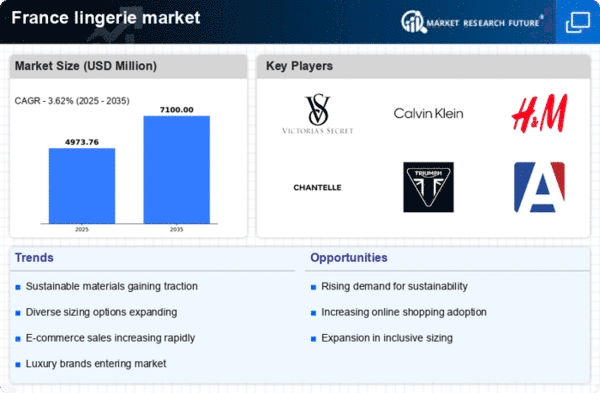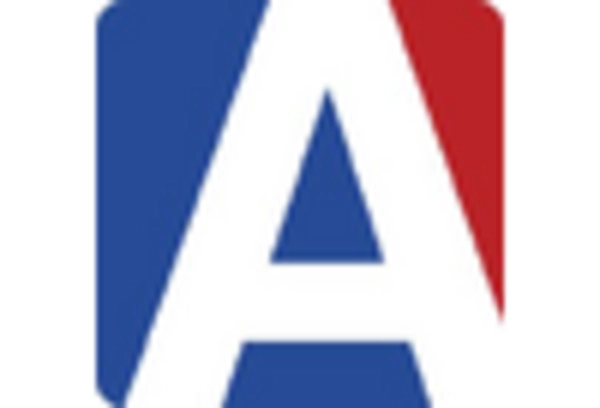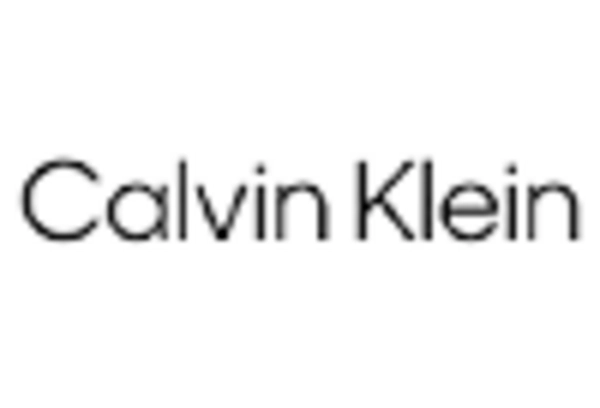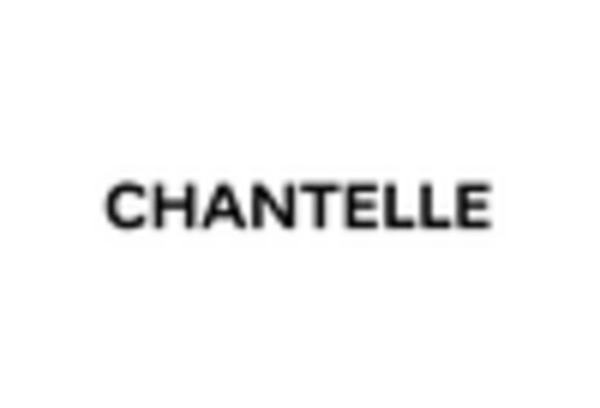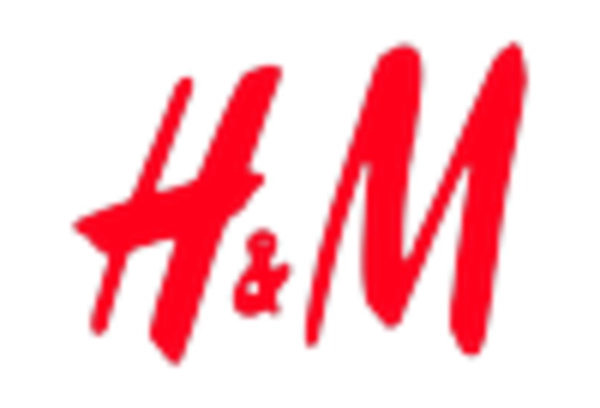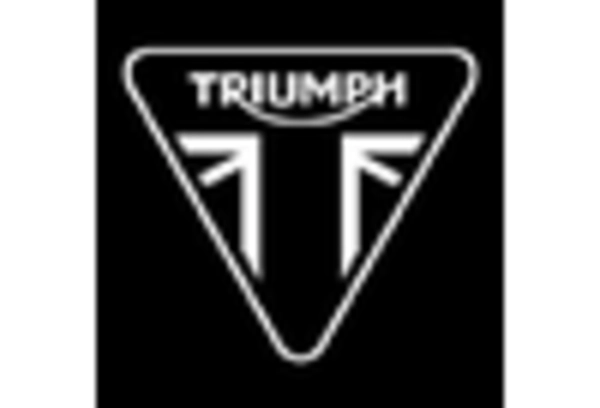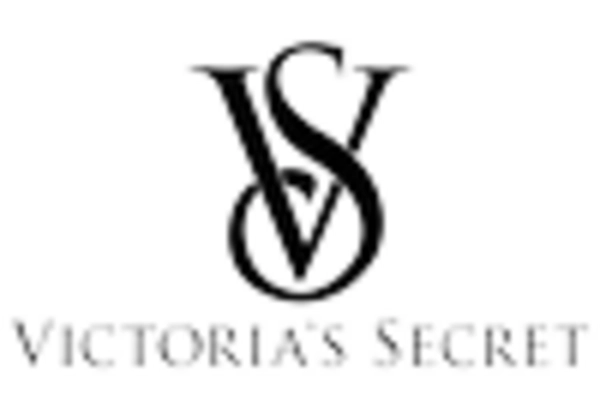Focus on Body Positivity
The body positivity movement has gained traction in France, influencing the lingerie market significantly. Consumers are now seeking brands that promote inclusivity and diversity in their product offerings. This shift is reflected in the increasing number of brands that offer a wider range of sizes and styles, catering to various body types. The lingerie market is responding to this demand by emphasizing body positivity in their marketing campaigns, which is likely to enhance customer loyalty and brand reputation. This trend may contribute to a projected growth of around 5% in the market by the end of 2025.
Rise of E-commerce Platforms
The expansion of e-commerce platforms has significantly impacted the lingerie market in France. With the convenience of online shopping, consumers are increasingly turning to digital channels for their lingerie purchases. This trend is supported by data indicating that online sales accounted for nearly 30% of total lingerie sales in 2025. The lingerie market is adapting to this shift by enhancing online shopping experiences, offering personalized recommendations, and improving logistics. As a result, brands that effectively leverage e-commerce are likely to capture a larger share of the market, indicating a transformative phase for the industry.
Evolving Consumer Preferences
The lingerie market in France is currently experiencing a shift in consumer preferences, with an increasing demand for products that prioritize comfort and style. This evolution is driven by a younger demographic that values both aesthetics and functionality. As a result, brands are adapting their offerings to cater to these preferences, leading to a diversification of product lines. In 2025, it is estimated that the market will see a growth rate of approximately 4.5%, reflecting this changing consumer landscape. The lingerie market is thus compelled to innovate continuously to meet the expectations of a more discerning customer base.
Influence of Social Media Marketing
Social media marketing plays a pivotal role in shaping consumer perceptions and driving sales within the lingerie market in France. Brands are utilizing platforms like Instagram and TikTok to engage with their audience, showcasing their products through visually appealing content. This strategy appears to resonate well, as studies suggest that approximately 60% of consumers are influenced by social media when making purchasing decisions. Consequently, the lingerie market is increasingly investing in digital marketing strategies to enhance brand visibility and connect with potential customers, thereby fostering growth.
Sustainability and Ethical Production
Sustainability has emerged as a critical driver in the lingerie market in France. Consumers are becoming more conscious of the environmental impact of their purchases, leading to a demand for ethically produced lingerie. Brands that prioritize sustainable materials and transparent production processes are likely to gain a competitive edge. In 2025, it is estimated that the market for sustainable lingerie will grow by approximately 7%, reflecting a broader trend towards eco-friendly consumerism. The lingerie market is thus encouraged to adopt sustainable practices to align with consumer values and expectations.


